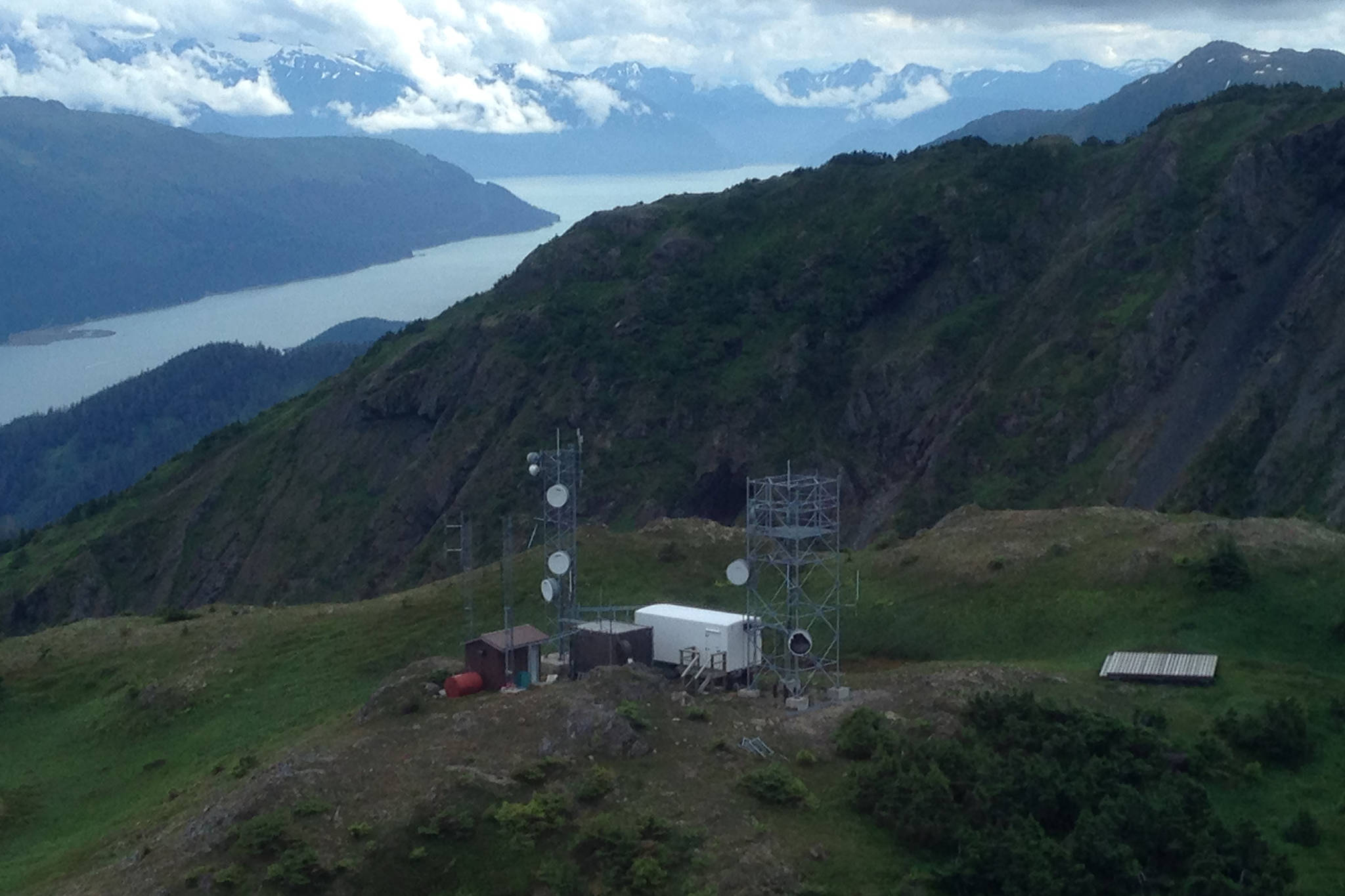As the calendar flips over to 2019, Juneau Police Department officials are hoping they’re one year closer to encrypting their radio traffic.
The idea has been in the works for a while, JPD Public Safety Manager Erann Kalwara said. The first step, she said, is doing research.
Thanks to a recent $95,000 Department of Homeland Security grant, JPD is commissioning a study into the department’s radio systems to get an overall picture of how well the radio system is working, Kalwara said. JPD’s radio technician is also currently looking into whether they have to totally overhaul the radio system or if they can just add something to the current system to encrypt it.
Police departments throughout the country are encrypting their scanners, including Anchorage. It’s not without controversy though. Critics of encrypting all police scanner traffic have said it goes against the interest of being transparent with the public, and that the process of doing so is very costly to departments.
In 2018, Colorado legislators attempted to pass a bill to stop Colorado law enforcement from encrypting their communications. That bill was voted down, the Denver Post reported. Some media law experts have asserted that encrypted scanners violate public records law.
JPD has at least one supporter on the City and Borough of Juneau Assembly. District 2 Assembly member Wade Bryson said in a recent interview that he was upset when he heard people committing crimes were listening to the scanner to track officers’ whereabouts.
With the Assembly’s budget process set to begin soon, Bryson has sat down with a few organizational representatives lately, including JPD officers. The desire to encrypt the scanner traffic came up in his meeting with them, and he said he’s hoping the Assembly is able to help JPD reach its goal.
“They know I’m very much aware and eagerly awaiting to be able to help them,” Bryson said. “I definitely want to help the police department.”
Mayor Beth Weldon, who was on the Assembly for two years before becoming mayor this past fall, said she’s heard from officers and from JPD Chief Ed Mercer that they’re looking into doing this. She said she’s aware of the study that JPD is commissioning, and said she’d be curious to hear a price tag for the project down the line.
“If they came up with something that would make the officers safer, we would consider it strongly,” Weldon said.
Keeping the scanner from being heard by the wrong people is the main reason for making the scanners private, Kalwara said.
“We do not want criminals to have ability to track our movements,” Kalwara said.
In various cases in recent years, police have arrived at a place only to find that the person they were looking for was aware that the police were coming. Kalwara said this has happened with drug deals, vehicle thefts and other calls for suspicious activity.
In addition to protecting officers, Kalwara said, having encrypted scanners would be better for victims’ privacy. With anybody able to listen to the scanner and then post something on social media, Kalwara said, the sensitive details of someone’s life could be broadcast to the world.
Some channels are kept private, such as channels reserved for special operations such as drug raids, Kalwara said. For the past five years or so, JPD officials have been looking into the possibility of encrypting all channels, she said.
“It’s not new,” Kalwara said. “It’s something we’ve been interested in operationally for a while.”
Making those changes will be expensive, she said, but it’s unclear just how expensive at this point. The first step is to evaluate how exactly to go about making the change. In Juneau in particular, it’s unclear whether encryption technology would work in areas of poor radio coverage.
JPD’s Fiscal Year 2021 budget includes about $500,000 for radio system maintenance, she said, and the changes could be made then.
She said there could be opportunities down the road to find funding for encryption equipment, but it’s hard to budget when you’re not sure exactly what your plan is. She said they’re doing the research now so they can be prepared if and when they’re able to find funding.
Juneau resident Calvin Boddy said via Facebook messenger Monday that he called JPD about some suspicious activity on his street recently as four men with flashlights were looking into a parked car. Boddy said he watched as a man run out of a nearby building and yell to the men around the car that the police were on their way.
“They got away,” Boddy said. “Nothing happened and that was that. They are always listening to the scanners. It’s time they stop getting a head’s up.”
• Contact reporter Alex McCarthy at 523-2271 or amccarthy@juneauempire.com. Follow him on Twitter at @akmccarthy.

